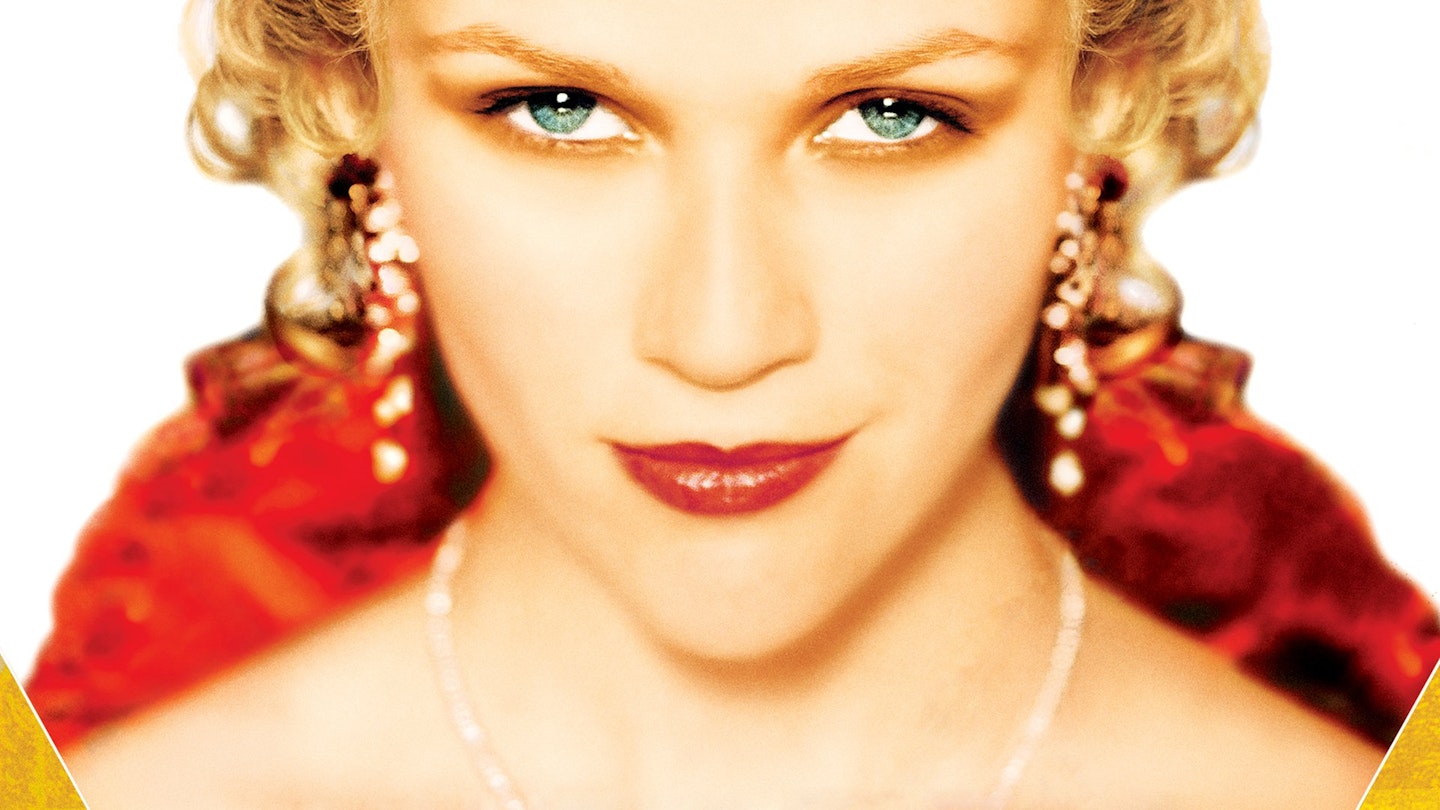Impoverished, ambitious Becky Sharp (Witherspoon) relies on her wits and good looks to move up through early 19th century society. Her fortunes become entangled with those of her genteel best friend Amelia Sedley (Garai), but when her plot to marry Amelia's brother fails she moves on to a titled family, hoping for better luck...
Once in a while, a film is announced that appears to have Oscar written all over it. Like Mira 'Monsoon Wedding' Nair's Vanity Fair, with its script by Gosford Park Academy Award-winner Julian Fellowes, which gives box office darling Reese Witherspoon a chance to show what she can really do. Despite the impressive pedigree, though, this take on William Makepeace Thackeray's satirical novel is flat and misguided.
It's not really like the world was crying out for another version - so far there have been six movies and three mini-series, and none of them have seared their way into the public consciousness in the way Pride And Prejudice has. 1935's Becky Sharp, starring Miriam Hopkins, at least had the distinction of being the first movie ever produced in Technicolor. This will go down in history, or rather probably won't, as the one with all that Indian stuff in it.
Nair's vision was to create a colonial Britain under the spell of the Raj, and Indian culture infuses many scenes. This new spirit is celebrated in the plot's parties - a picnic at Vauxhall is wild with monkeys and flowers, while a dance for royalty turns into a Bollywood-style production number. But all this rather dwarfs the plot. Look elsewhere for a primer guide to the text, as here it's truncated to the point of nonsense. What's more, while Becky's history spans 30 years, the characters never age and Becky herself seems to be eternally pregnant, probably because in real life Witherspoon was - celebrated by Nair in numerous close-ups of her leading lady's burgeoning chest.
The presentation of Becky's character is also flawed. Turning her from an anti-heroine (like, say, spitting vixen Scarlett O'Hara in Gone With The Wind) into a two-a-penny rom-com girl makes the final act hard to accept.
There's an excellent supporting cast including James Purefoy, Bob Hoskins, Gabriel Byrne and Jim Broadbent, but there's also some crucial mis-casting, particularly Rhys Ifans as the pure-hearted Dobbin. As an interesting footnote, Natasha Little, who played Becky to great effect in the most recent BBC version, has a minor role in this one.
There's more amusement to be derived from the hope she'll elbow the Hollywood megastar out the way than can be found in the rest of the film.
